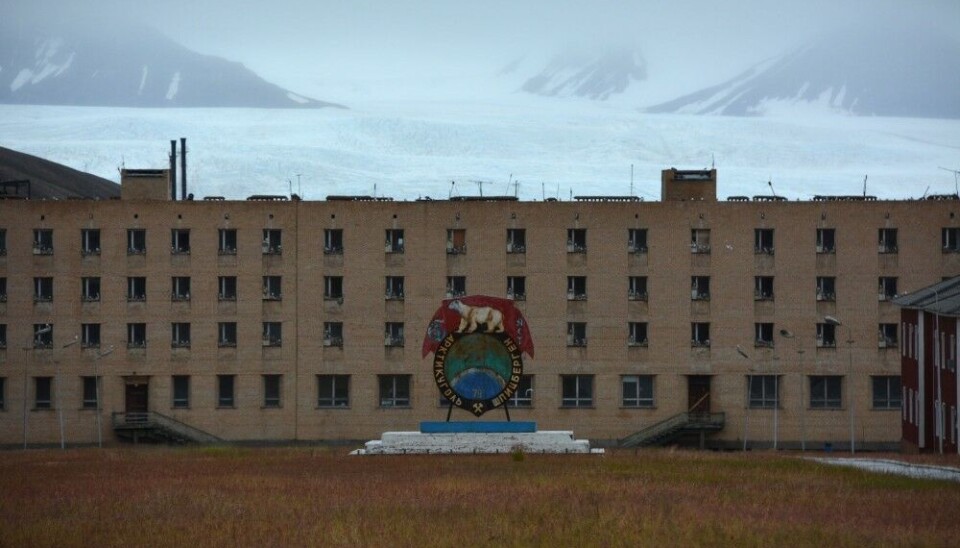
Deputy Prime Minister sends warning to Oslo: Russian rights at Svalbard must not be challenged
"Today, our warriors are spilling blood for the sovereignty of our country and the rights of people to speak the Russian language," Yuri Trutnev said in a government commission meeting devoted to the situation on the Norwegian Arctic archipelago.
The Russian deputy prime minister in charge of Far Eastern and Arctic affairs on the 13th of February sent a thinly veiled threat to Norway for its management of the Svalbard archipelago.
In a meeting in the so-called Government Commission on the Protection of Russian Presence at Spitsbergen, Trutnev signalled that Russian rights in the Norwegian archipelago are under pressure.
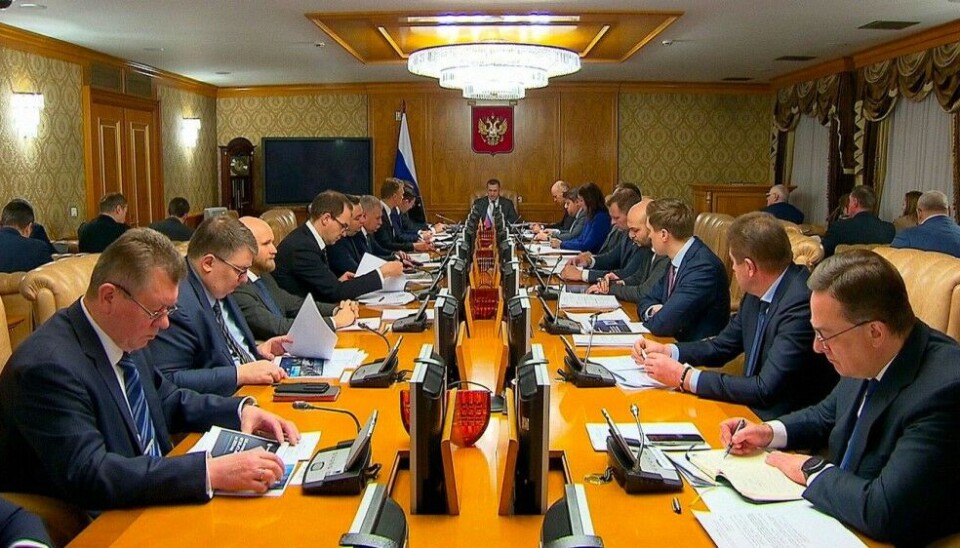
“None of the rights and benefits acquired by Russia can be reduced or infringed. We do not have the right to move even a single step backwards,” he underlined in an opening remark.
With reference to the war in Ukraine, he added that “warriors are today spilling blood for the sovereignty of our country and the rights of people to speak the Russian language.”
As if comparing the situation in Svalbard with Eastern Ukraine, the deputy PM argued that it is all a question of ‘sovereignty.’
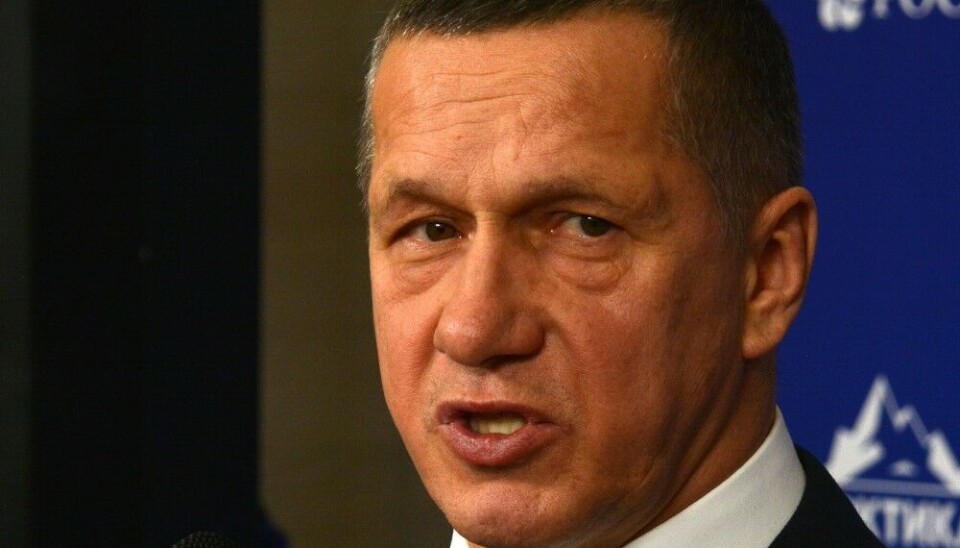
“I think that we should address the work here in Government the same way, that the work here is also a fight for our sovereignty, a fight for the rights of Russia and Russians,” he told the Commission members.
Trutnev also slashed the role of international cooperation.
“I believe that everyone present understands well that now is not the best time for development of international cooperation. Probably, humankind is entering a phase of deepened conflict.”
In the meeting were more than 20 of the member of the commission, among them Ildar Neverov, leader of state-owned company Arktikugol.
In May 2023, Neverov and his Arktikugol together with the local Russian General Consulate, organised militaristic parades in the settlements of Barentsburg and Pyramiden.
In Pyramiden, the parade included a tractor and excavator decorated with the flag of the so-called Donetsk People’s Republic.
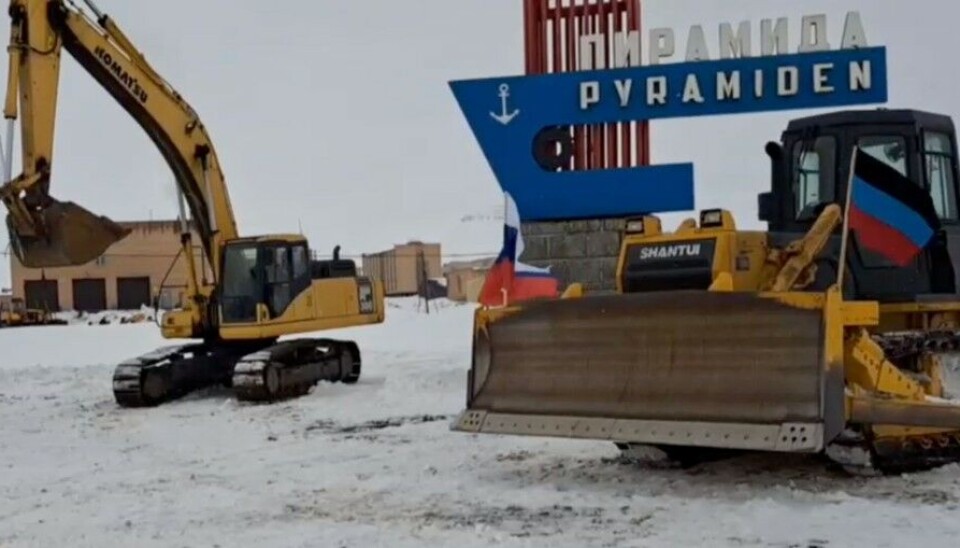
Later that same year, Neverov invited Bishop Iakov, the hardline Russian churchman, and set up a major Orthodox cross in the hill over Pyramiden without requesting permission from Norwegian authorities.
Trust Arktikugol is the company that operates the local coal mine in Barentsburg and manages the settlement and its about 400 inhabitants.
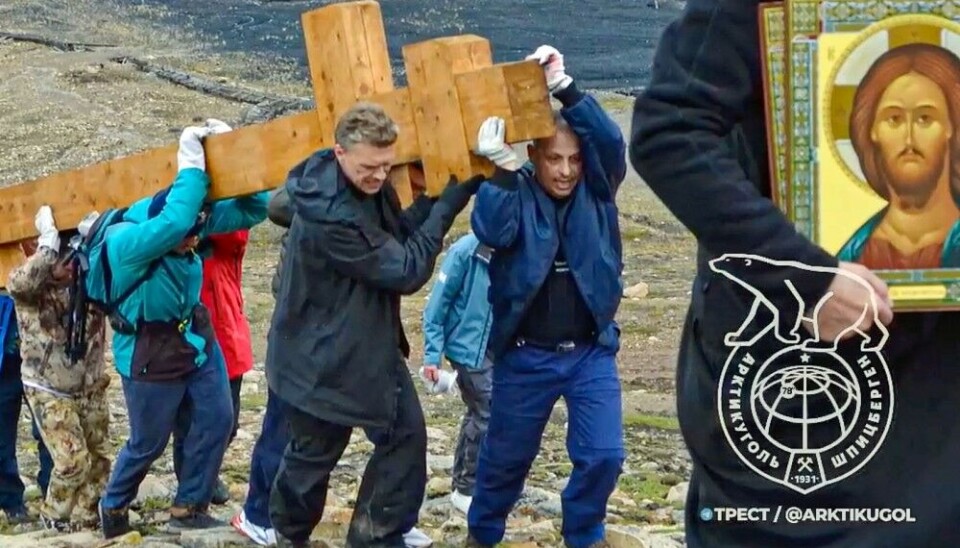
Since he was appointed head of Trust Arktikugol in 2022, Neverov has significantly stirred relations with Norway and its Svalbard Governor.
The more assertive approach of Neverov and his team coincided with transfer of the Trust Arktikugol to the Ministry of the Far East and Arctic.
It is far from the first time that Russia threatens Norway over its Svalbard policy. The far northern archipelago has repeatedly been in the spotlight of Moscow hardliners and in connection with the 100-year’s anniversary of the Svalbard Treaty in 2020, Foreign Minister Sergei Lavrov insisted that Oslo engages in “bilateral consultations” over the management of the islands. The rejection of the Norwegian government was followed by a targeted information offensive from Moscow.
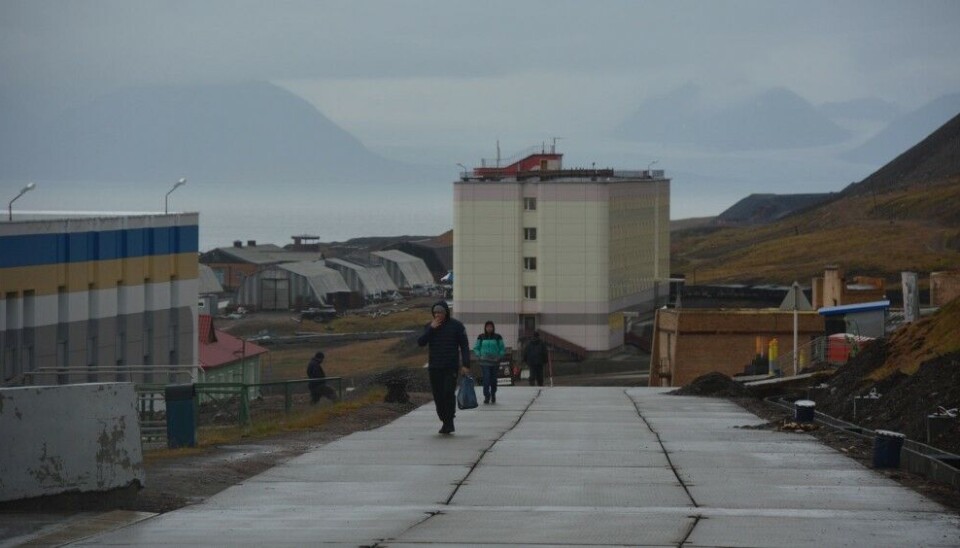
In what appeared as an organized and coordinated campaign, a number of state-affiliated Russian newspapers and media companies published series of stories that expressed a highly negative, partly aggressive, attitude towards the authorities in Oslo. The message was that Norway must comply with Russian demands in Svalbard and that continued opposition could have serious consequences.
Norway has full sovereignty over the archipelago in accordance with the Svalbard Treaty of 1920, and individuals and companies from signatory states are allowed to engage in economic activity. Russians have since the 1930s run coal mines in the area.
The meeting in the Russian Spitsbergen Commission took place only few days after Trutnev welcomed to his office a group of warriors that had fought in Ukraine. Among the men were several members of Spetsnaz intelligence units.
Reportedly, among the men were employees of the Ministry of the Far East and Arctic that had volunteered for fighting on the occupied lands.
“We will continue to use their experience that now not only includes civilian and military service, but also real battle experiences, for the development of the Far East and Arctic,” Minister of the Arctic Aleksei Chekunkov said.















